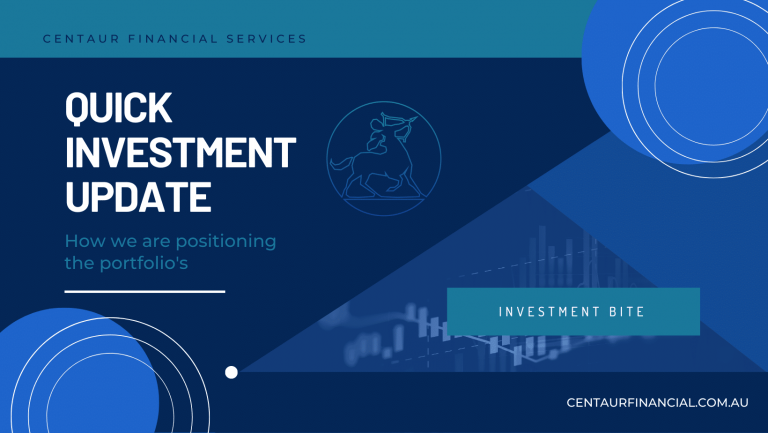The recent sell-off on global sharemarkets due to the economic impact of COVID-19 has highlighted the risks of depending too heavily on a single asset class. Even before the current crisis, the ATO was concerned about a minority of self-managed superannuation funds (SMSFs) with up to 90 per cent of their money in a single asset class.
Invariably that single asset is an investment property for which the SMSF has borrowed money through a limited recourse borrowing arrangement (LRBA). While property has historically provided good returns over the long run, this is not always a good recipe for providing income in retirement.
The ATO is so concerned about this trend, that last year it wrote to 17,700 SMSFs warning them about the dangers of concentration of risk and suggesting they should perhaps consider greater diversification.
One of the foundations of prudent investing is diversification. By putting your money in a range of investments and asset classes you effectively spread your risks.
Have a written strategy
Diversification is important for all investors, but especially so for those with an SMSF who are ultimately responsible for their own investment strategy. That’s why SMSFs are required to put their investment strategy in writing.
This is your plan for making, holding and realising assets consistent with your investment objectives and retirement goals. It should explain how your chosen investments will help you meet your goal.
If you have 90 per cent of your fund’s money in a property, you need to document that you have considered the risks associated with this lack of diversification. You need to state why you think the investment will meet your fund’s investment objectives and cash flow requirements.
This document can be attached to your strategy as a signed and dated addendum. If you cannot justify your heavy weighting in property, then you need to change the fund’s portfolio mix otherwise each individual trustee may face a fine of $4200.
Understanding gearing
Of those SMSFs that have focused heavily on property, a disturbing fact is that many of those funds have lower balances of between $200,000 and $500,000. This makes them even more vulnerable to a market fall. In 2017 the average borrowing under a LRBA was $380,000 and the average value of assets was $768,600.i
With an LRBA, the asset is held in a separate trust. Any investment returns earned from the asset go to the SMSF trustee. If the loan defaults, the lender’s rights are limited to the assets in the separate trust so there is no recourse on any other assets held in the SMSF.
That’s all very well, but if those other assets represent less than 10 per cent of a fund where the balance is $300,000, then having around $30,000 left in your super should you come a cropper clearly will not provide adequately for your retirement.
The banks require a personal guarantee from the members when setting up an LRBA so if you default on the loan then any shortfall must be met personally which could further undermine your retirement planning.
How to diversify
How you achieve diversity in your SMSF will depend on the risk profile of the fund’s members. For example, there’s no harm in being skewed towards more conservative investments if the members have a low tolerance for risk, but the trade-off is lower returns in the long run.
The type of investments in the fund may also depend on the age of members. If retired, then you probably need two years’ cash readily available. However, the remainder should be in a balanced portfolio of growth investments, bonds and fixed interest. That way the capital can still grow even in retirement, which will help ensure you don’t outlive your fund.
In contrast, younger fund members might skew their portfolio more towards growth assets such as domestic and international shares. This is because there is plenty of time to recover from market falls such as the one we are currently experiencing. Alongside these growth assets you should also have some fixed interest and bond exposure.
If you would like to discuss your SMSF’s investment strategy and make sure that you are not exposing yourself to unnecessary risk, then book a chat with the Centaur Financial team here.





































































